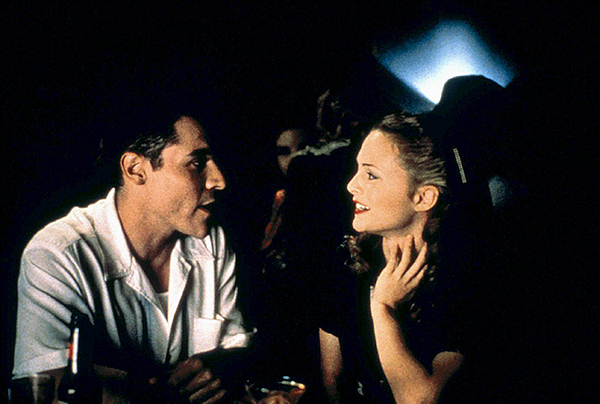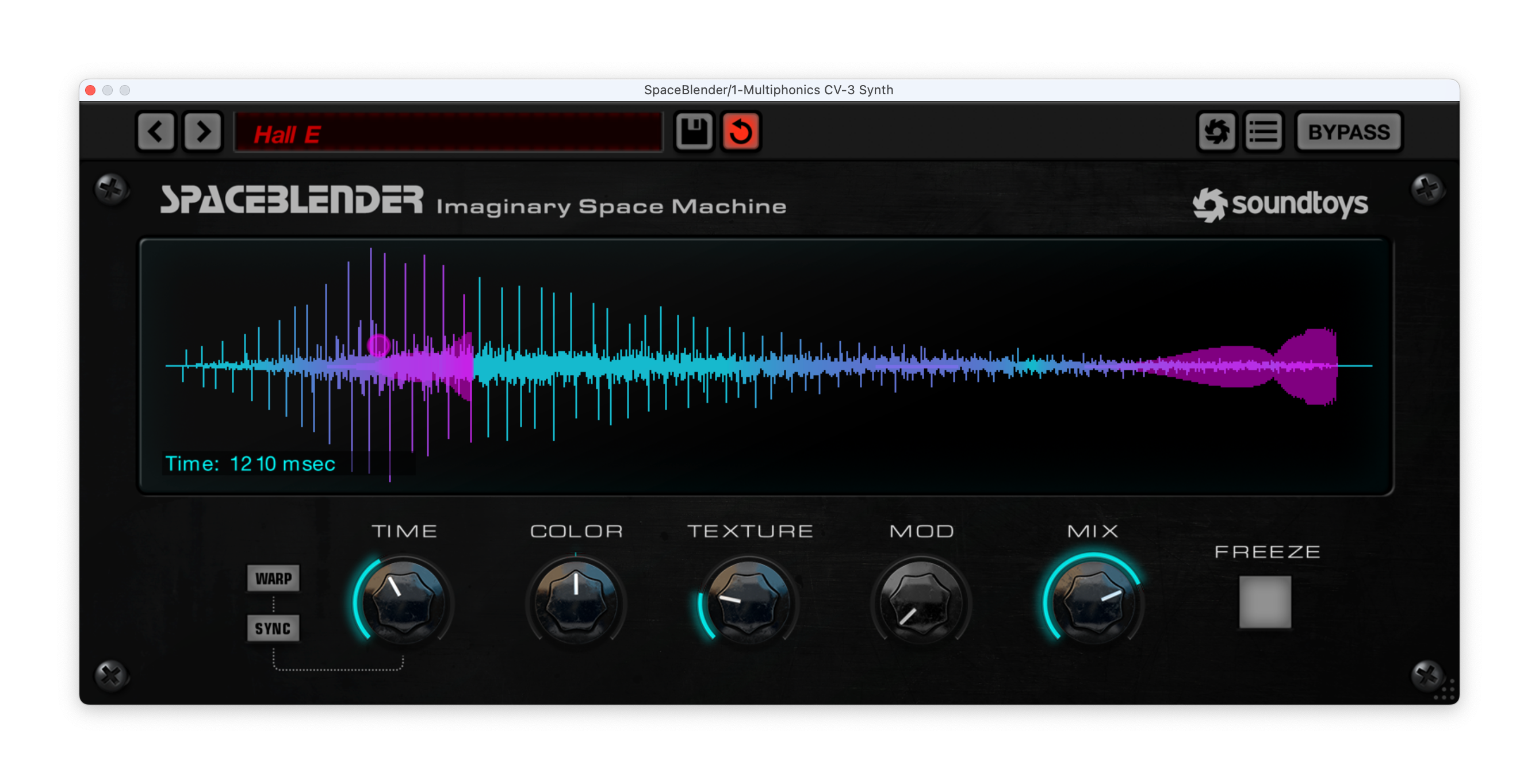What Is Deductive Reasoning? Art of Thinking Like Sherlock
You have probably watched Robert Downey Jr. doing some really impressive mathematical calculations and spinning some shrewd logic to catch some bad guys in Victorian London. That is, if you’ve seen Guy Ritchie’s Sherlock Holmes films.These sly smarts are just part of the genius of Robert Dow… well, not him, obviously. It’s actually Sherlock Holmes who… hey, not even him! It’s the genius of author Sir Arthur Conan Doyle.But you know what? Even that’s not right. The true brilliance here belongs to only one thing—deductive reasoning.First, What is Inductive Reasoning?But before we learn what deductive reasoning is, let’s first learn what inductive reasoning is. And don’t think this is some intellectual stuff that’s beyond your comprehension. In fact, you have been using it all your life.Remember being in school, and one of your classmates being a snooty little brat whose guts you hated? He had his gang of friends, and you despised them all. And why not? They were his friends. What good could they possibly be? Right?That was you, using inductive reasoning. In a single and simple word, inductive reasoning is “generalization.” In more complicated terms, we call it a logical method of drawing conclusions (broad generalizations) based on a specific observation, pattern, example, or evidence.For example:Specific observation: X is a snooty little brat.Secondary observation: X is friends with A, B, and C.Conclusion (broad generalization): Therefore, A, B, and C are also snooty little brats.What did you do here as a middle schooler? You drew your observation from a single specific case and then moved on to a broader generalization.Inductive reasoning moves from specific to general.And in perfect contrast…Deductive reasoning moves from general to specific.Before we learn what deductive reasoning is, it would be helpful to see what it’s like to think like Sherlock.So, What is Deductive Reasoning?Deductive reasoning is a logical process that moves from general observations (or statements, premises, or principles), passes through a chain of logical steps, and arrives at a specific conclusion.Deductive Reasoning’s Key CharacteristicsTop-Down ApproachIt begins with general observations (premises) and narrows them down to a specific conclusion.Logical CertaintyIf the general observations (premises) are true, the conclusion will always be true.Structured ArgumentIt’s a structured, logical argument that has 1) a major premise, 2) a minor premise, and 3) a conclusion.No Room for UncertaintyUnlike inductive reasoning, which works on probabilities, deductive reasoning leads to definite conclusions.If you want to take a quick, fun look at this fight between Deductive vs. inductive Reasoning (with a seasoning of abductive reasoning), have a go at it.Now, enough with the fight between these reasoning siblings, and let’s just focus more on deductive reasoning.There are several ways in which we can use deductive reasoning. These ways are also called “Rules of Inference.” And there are many rules of inference.Types of Deductive Reasoning1. SyllogismA logical argument has two premises and one conclusion.ExamplePremise 1: All Steven Spielberg movies are good. (Major premise)Premise 2: Jurassic Park is a Steven Spielberg movie. (Minor premise)Conclusion: Therefore, Jurassic Park is a good movie. (Conclusion)2. Modus Ponens (The Law of Detachment)If P implies Q, and if P is true, then Q must also be true.ExamplePremise 1: If Apple Inc. performs well, its share price will skyrocket.Premise 2: Apple Inc. is performing well.Conclusion: Therefore, Apple Inc.'s share prices are skyrocketing.3. Modus Tollens (The Law of Contrapositive)If P implies Q, and if Q is false, then P must also be false.ExamplePremise 1: If a film is a documentary, then it does not feature fictional characters.Premise 2: This film features fictional characters.Conclusion: Therefore, this film is not a documentary.So, the Final Word Is…While inductive reasoning allows us to navigate uncertainty and form valid broad generalizations (hypotheses), deductive reasoning provides us with certainty within the established frameworks, giving us confidence in our conclusions when our premises are accurate and our reasoning is valid.This method of thinking isn’t just confined to mathematics, science, or law. In filmmaking and screenwriting, deductive reasoning helps build strong stories. Characters follow clues, viewers connect dots from beginning to end, and writers shape plots that make sense in the end. Whether it’s a detective solving a case or a twist that works because all the hints were there, deductive reasoning helps make stories clear and satisfying.____________________________________________________________________________


You have probably watched Robert Downey Jr. doing some really impressive mathematical calculations and spinning some shrewd logic to catch some bad guys in Victorian London. That is, if you’ve seen Guy Ritchie’s Sherlock Holmes films.
These sly smarts are just part of the genius of Robert Dow… well, not him, obviously. It’s actually Sherlock Holmes who… hey, not even him! It’s the genius of author Sir Arthur Conan Doyle.
But you know what? Even that’s not right. The true brilliance here belongs to only one thing—deductive reasoning.
First, What is Inductive Reasoning?
But before we learn what deductive reasoning is, let’s first learn what inductive reasoning is.
And don’t think this is some intellectual stuff that’s beyond your comprehension. In fact, you have been using it all your life.
Remember being in school, and one of your classmates being a snooty little brat whose guts you hated? He had his gang of friends, and you despised them all. And why not? They were his friends. What good could they possibly be? Right?
That was you, using inductive reasoning.
In a single and simple word, inductive reasoning is “generalization.” In more complicated terms, we call it a logical method of drawing conclusions (broad generalizations) based on a specific observation, pattern, example, or evidence.
For example:
- Specific observation: X is a snooty little brat.
- Secondary observation: X is friends with A, B, and C.
- Conclusion (broad generalization): Therefore, A, B, and C are also snooty little brats.
What did you do here as a middle schooler? You drew your observation from a single specific case and then moved on to a broader generalization.
Inductive reasoning moves from specific to general.
And in perfect contrast…
Deductive reasoning moves from general to specific.
Before we learn what deductive reasoning is, it would be helpful to see what it’s like to think like Sherlock.
So, What is Deductive Reasoning?
Deductive reasoning is a logical process that moves from general observations (or statements, premises, or principles), passes through a chain of logical steps, and arrives at a specific conclusion.
Deductive Reasoning’s Key Characteristics
Top-Down Approach
It begins with general observations (premises) and narrows them down to a specific conclusion.
Logical Certainty
If the general observations (premises) are true, the conclusion will always be true.
Structured Argument
It’s a structured, logical argument that has 1) a major premise, 2) a minor premise, and 3) a conclusion.
No Room for Uncertainty
Unlike inductive reasoning, which works on probabilities, deductive reasoning leads to definite conclusions.
If you want to take a quick, fun look at this fight between Deductive vs. inductive Reasoning (with a seasoning of abductive reasoning), have a go at it.
Now, enough with the fight between these reasoning siblings, and let’s just focus more on deductive reasoning.
There are several ways in which we can use deductive reasoning. These ways are also called “Rules of Inference.” And there are many rules of inference.
Types of Deductive Reasoning
1. Syllogism
A logical argument has two premises and one conclusion.
Example
Premise 1: All Steven Spielberg movies are good. (Major premise)
Premise 2: Jurassic Park is a Steven Spielberg movie. (Minor premise)
Conclusion: Therefore, Jurassic Park is a good movie. (Conclusion)
2. Modus Ponens (The Law of Detachment)
If P implies Q, and if P is true, then Q must also be true.
Example
Premise 1: If Apple Inc. performs well, its share price will skyrocket.
Premise 2: Apple Inc. is performing well.
Conclusion: Therefore, Apple Inc.'s share prices are skyrocketing.
3. Modus Tollens (The Law of Contrapositive)
If P implies Q, and if Q is false, then P must also be false.
Example
Premise 1: If a film is a documentary, then it does not feature fictional characters.
Premise 2: This film features fictional characters.
Conclusion: Therefore, this film is not a documentary.
So, the Final Word Is…
While inductive reasoning allows us to navigate uncertainty and form valid broad generalizations (hypotheses), deductive reasoning provides us with certainty within the established frameworks, giving us confidence in our conclusions when our premises are accurate and our reasoning is valid.
This method of thinking isn’t just confined to mathematics, science, or law. In filmmaking and screenwriting, deductive reasoning helps build strong stories. Characters follow clues, viewers connect dots from beginning to end, and writers shape plots that make sense in the end. Whether it’s a detective solving a case or a twist that works because all the hints were there, deductive reasoning helps make stories clear and satisfying.
____________________________________________________________________________




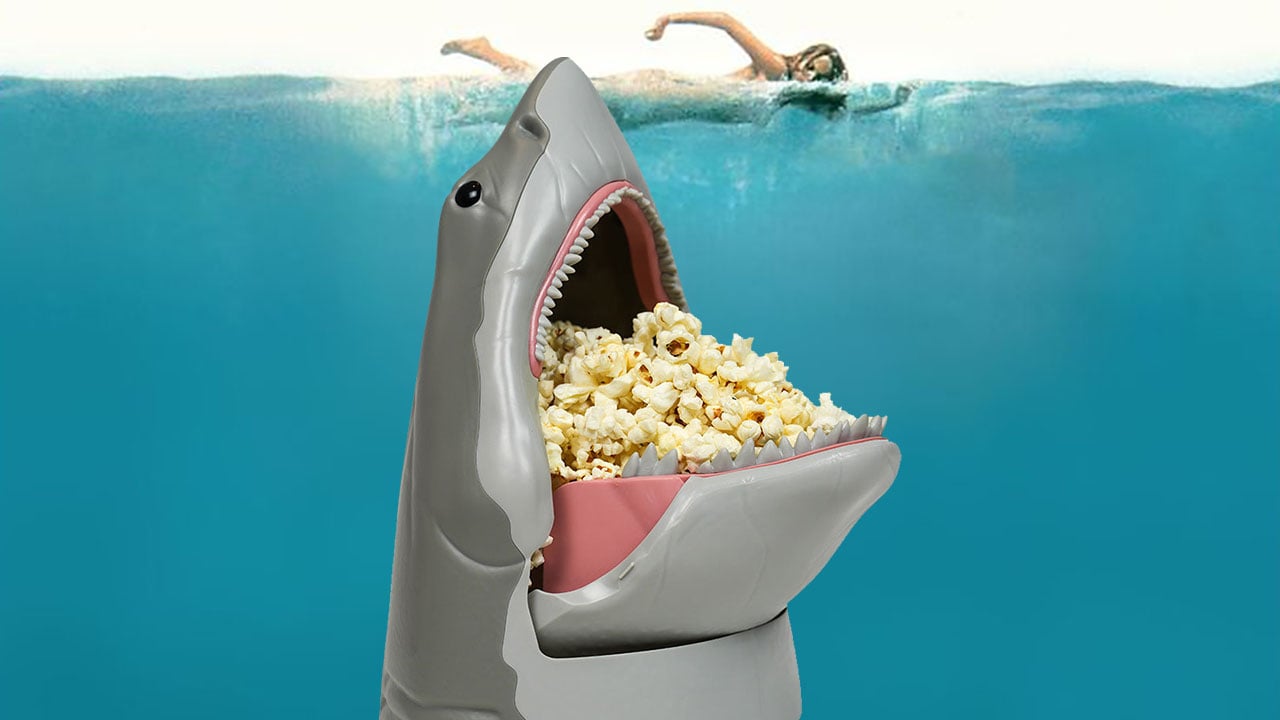

![‘Omukade’ Trailer – Thai Monster Movie Unleashes an Insane Giant Centipede Nightmare! [Exclusive]](https://i0.wp.com/bloody-disgusting.com/wp-content/uploads/2025/05/image-30.jpg?fit=1713%2C931&ssl=1)










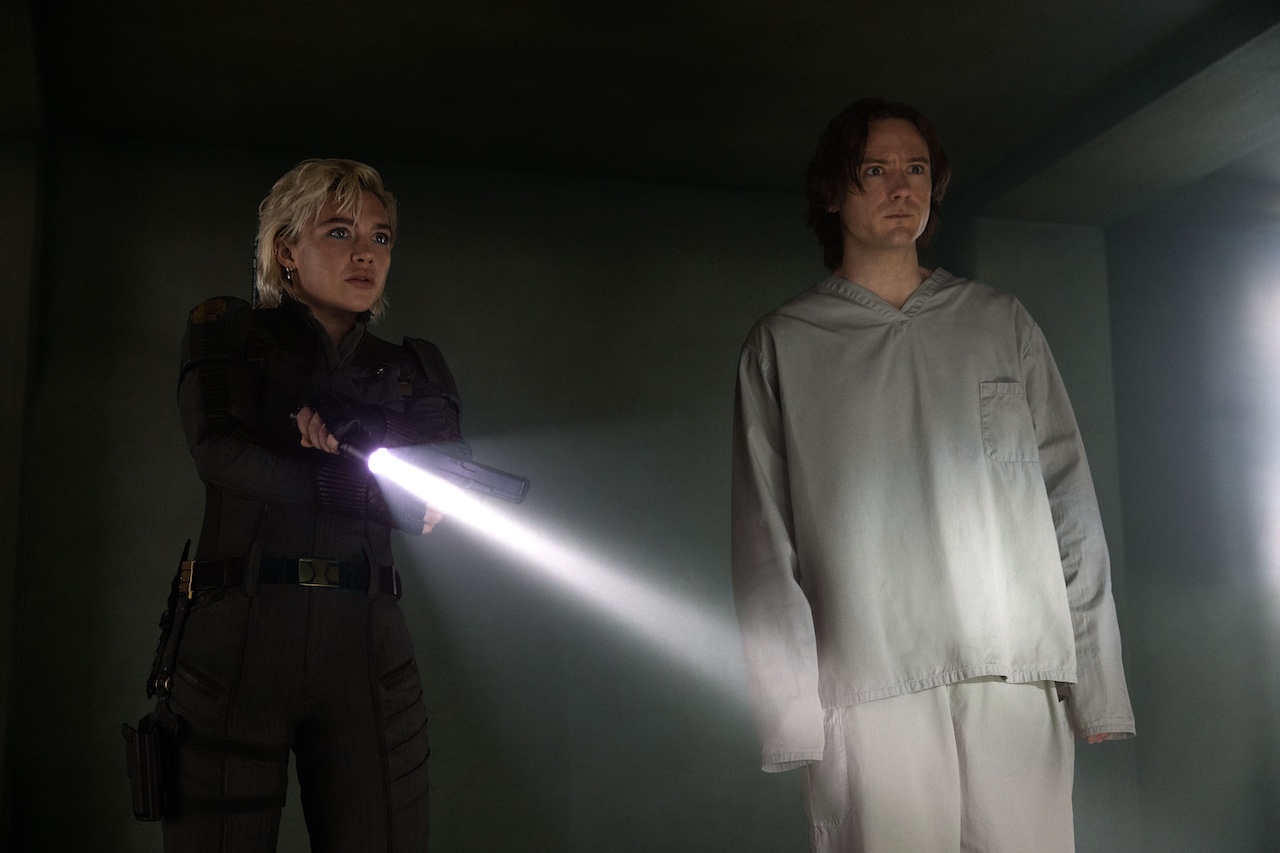





















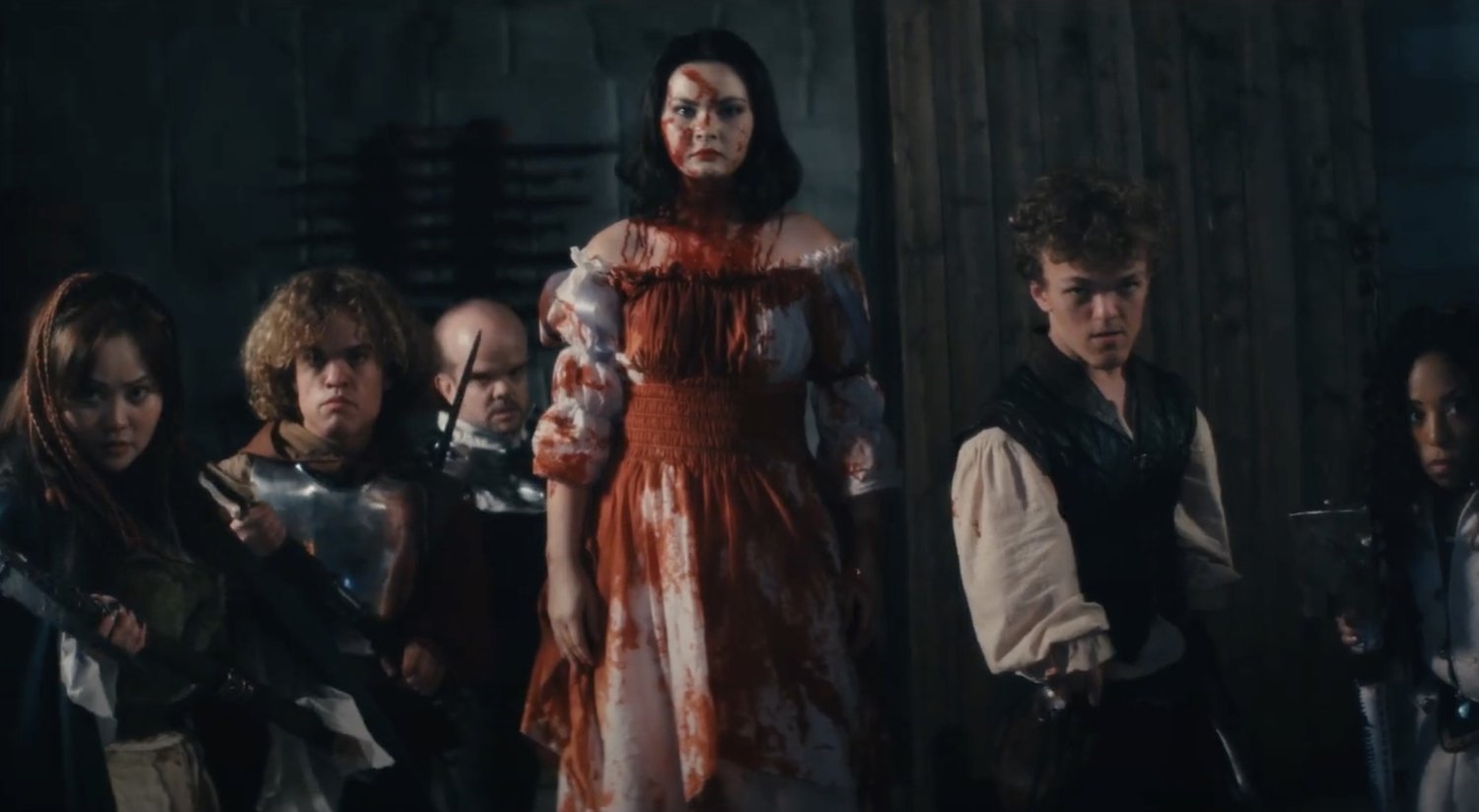












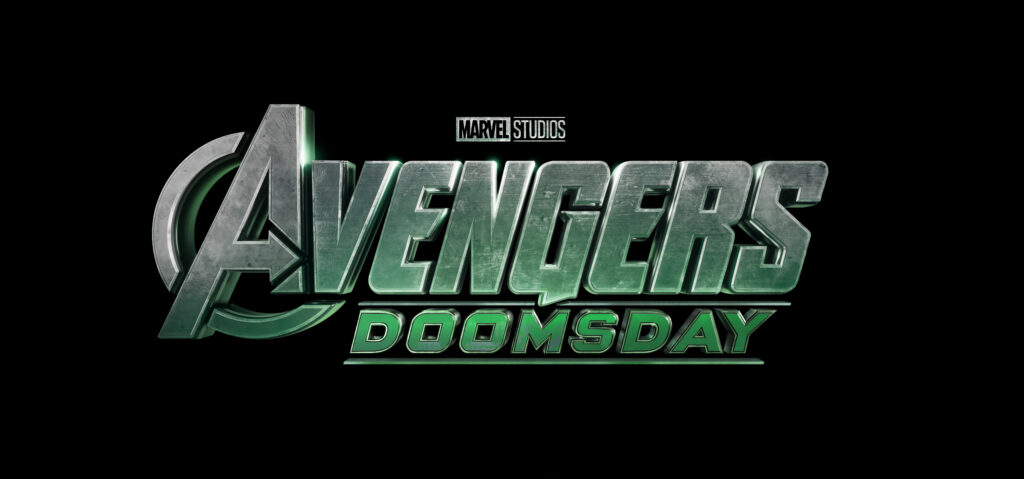











































![‘Sally’ Trailer: Acclaimed Sundance Doc About Trailblazing First Woman To Blast Into Space [Ned]](https://cdn.theplaylist.net/wp-content/uploads/2025/05/02065833/unnamed-2025-05-02T065720.586.jpg)









![Save Up to 30% at Accor Hotels with MasterCard [Japan]](https://boardingarea.com/wp-content/uploads/2025/05/3294bc4b6d1941eef8987e0e40318da7.jpg?#)




























































































































































































